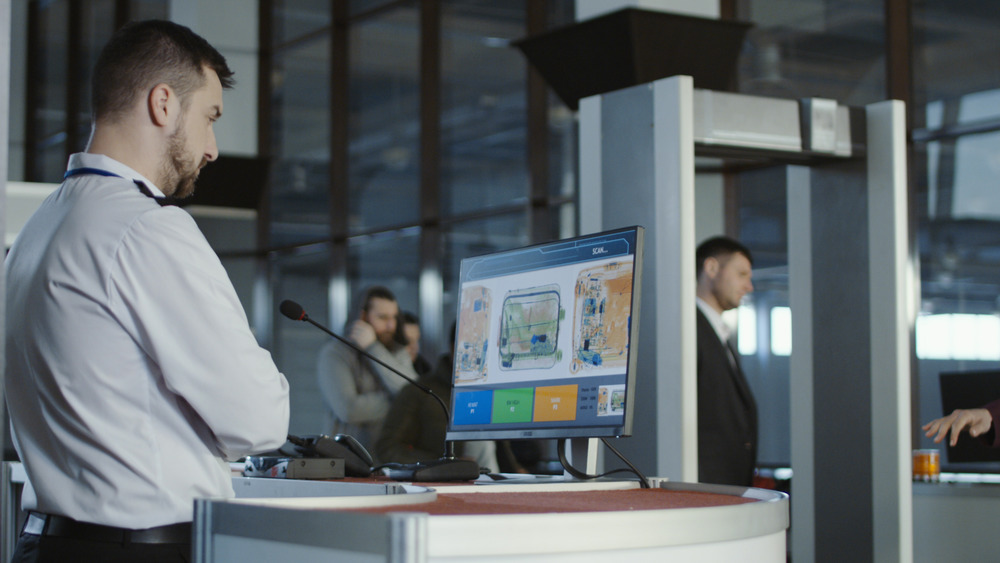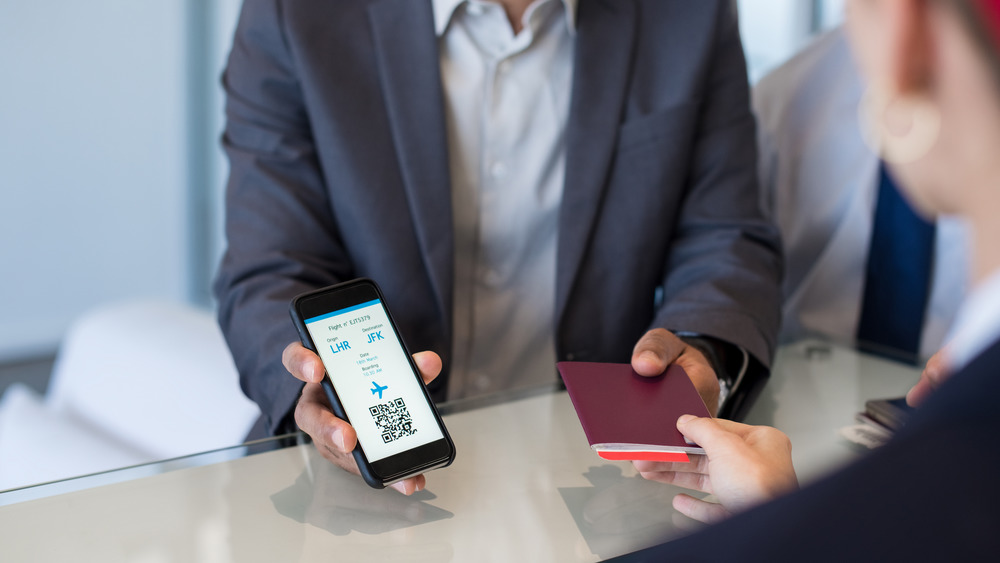The Controversial History Of The No Fly List
The tragic events of 9/11 changed the world forever. It justified the signing of the Patriot Act, which increased the capability of the federal government (then run by the party that claims to be against big government) to surveil American citizens. (Vox reported that a 2014 review of the act's telephone records gathering program by the federal government's own Privacy and Civil Liberties Oversight Board found "no instance in which the program directly contributed to the discovery of a previously unknown terrorist plot or the disruption of a terrorist attack." ) It also drastically changed how we fly.
According to Newsweek, the attack completely reshaped airport security, leading to the super-strict security screenings we're now all accustomed to, more rigid rules about where we can go inside airports, and the creation of the Transportation Security Administration, or TSA.
And another significant change to national security was the creation of the Terrorist Screening Center (TSC) in 2003. According to the FBI, the TSC maintains the Terrorist Watchlist, which allows the government to call anyone it wants a terrorist by using the adept legalese, "known or suspected terrorist." Basically, if the government thinks you're a terrorist, then you're a terrorist. This policy has had very detrimental effects on the lives of thousands of people who have no connection whatsoever to terrorism, most notably in the No Fly List, a catalog that the American Civil Liberties Union (ACLU) has said restricts people's freedoms without due process.
No one seems to know how many people are on the No Fly List
Since the No Fly List is a secret government index that isn't made public, estimates of just how many people are on it have ranged wildly. In March 2009, USA Today reported that the Terrorist Watchlist, from which names for the No Fly List are pulled, had gone from 288,000 names in 2005 to 1 million.
It was still unclear how many of those on that list had been blocked from boarding airplanes until October of the following year, when then Secretary of Homeland Security Michael Chertoff announced that the number of people on the No Fly List was only 2,500. According to CNN, he said that U.S. citizens only made up around 10% of that list, and added that there was another list of "selectees" who apparently present a lesser threat to national security.
But those two lists did not accurately represent the number of people actually affected by the program. Thousands of others who weren't officially on the lists were mistaken for the thousands who were. It was usually a case of a similar name that caused the mix-up. According to The Washington Post, one of those mistaken identities was Massachusetts Sen. Ted Kennedy, who had claimed to have been stopped and questioned five times at airports in March 2004 because his name was similar to one on the No Fly List.
What it's like to be on the No Fly List
The ACLU sued the federal government in 2004, claiming that the people on it had "no meaningful opportunity to clear their names." A CNN report included the testimonies of several people who had been affected by the list, one of whom was an Air Force officer named Michelle Green. "You think that once you get your name cleared that it will stop, and each time it's still the same thing," she said. She had been stopped and questioned three times that year, once with her children. When her 2-year-old began to wander off, as 2-year-olds tend to do, she was forced to choose between going to get him and being physically detained by authorities. Another person who had been stopped several times, David Fathi, said he believed his Iranian heritage had put him on the list of potential terrorists. "Assuming that it's because of my name, I think that that's wrong," he said.
The ACLU published an informative comic strip explaining the reality of being on the No Fly List, after which the government instituted several reforms to the program. The ACLU acknowledged that the government had agreed to advise people of their name being on the list, but said it "still refuses to provide meaningful notice of the reasons our clients are blacklisted, the basis for those reasons, and a hearing before a neutral decision-maker." Clearly, there is still more work to be done.


